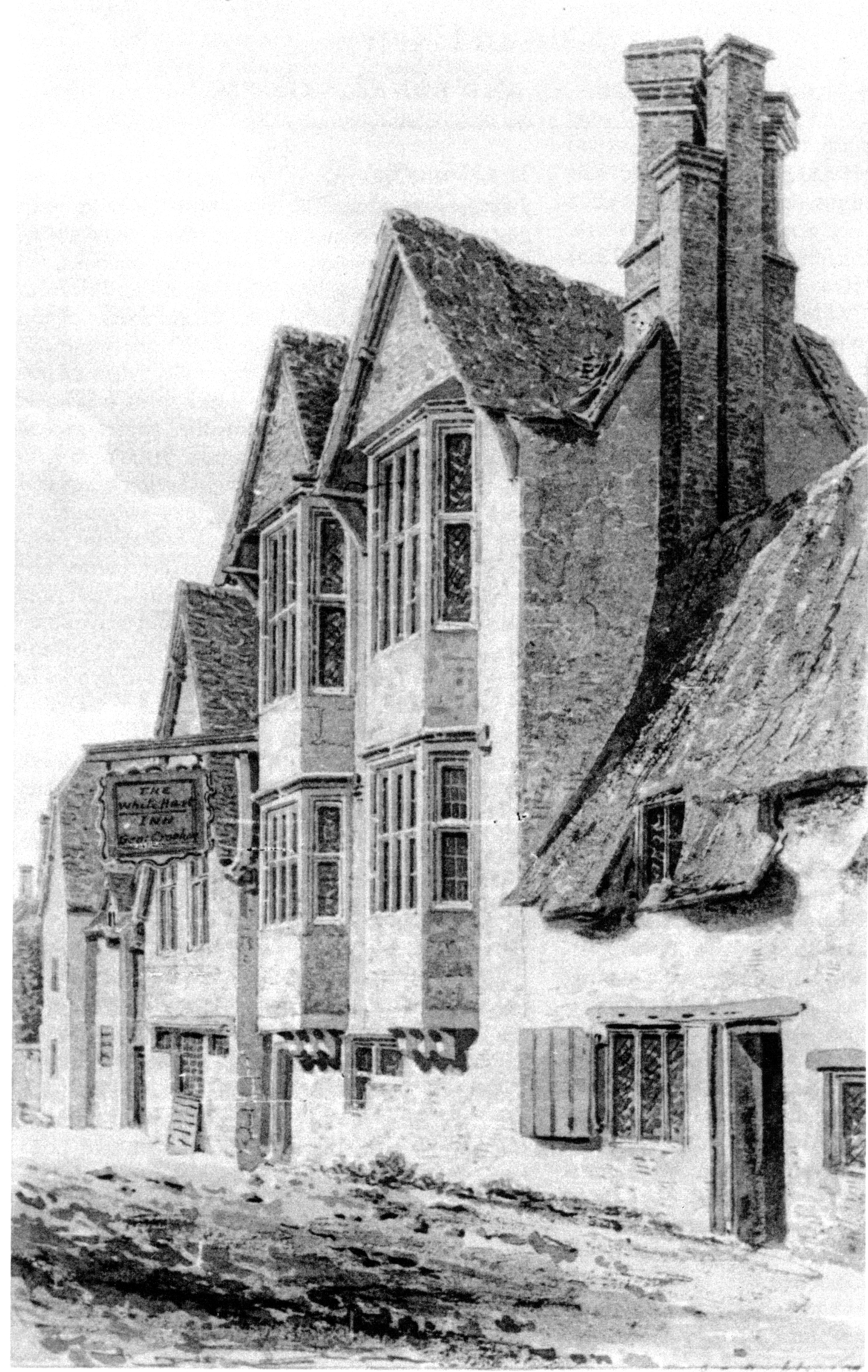Memories of Wheatley – December 1999

History is the overlap of memories. Richard Dumbelow of Wheatley, born in 1477 during the Wars of the Roses, lived for over a century, well into the reign of Elizabeth Tudor; as he died, Sybell Pangbourne was born in Holton in 1583 and lived to well over a hundred, until 1699. Some villagers greeting the new millennium go back to a childhood spent with adults who were children during the Crimean War and before. A village divided between ‘toffs’ and poachers (driven by necessity) is still remembered; the making of the London Road ‘cutting’ in 1926, through the Lower Lye Field of Ambrose Farm, is for some a personal memory. The Crown Taphouse in Church Road and The Crown itself, the old mailcoach Stage and Posting Office, were working pubs within present lifetimes. At least one friendship survives from Flanagan’s Fair held regularly in the Crown Tap Yard. Villagers still remember Office Lane (connecting Church Road and London Road opposite the Crown Tap) named after its rent office for the monthly village livestock market. At least one villager remembers the four tenant families in the partitioned Manor House being given land in 1926 for homes on the new London Road ‘cutting’ to ease their exit and the purchase of the house. The countryside was no idyll—there was poverty, disease, violence, feuding and much petty crime. When the national media called the village ‘a heroin capital’ in 1998, it needed putting into a longer perspective!
Others still recollect The Railway Tavern (ex-Sandpiper and Common Room) as ‘The Rampant Cat’—its landlord collected stray cats. Dogs strayed too—in wartime they followed the exciting noise of marching boots; one villager remembers vividly calling out for a lost dog in Coombe Wood during blackout, in fear of an angry forester’s shotgun and snares, against a backdrop of enemy aircraft droning overhead above the Bullsdown searchlights. No one, however, has been able to answer the Editor’s question posed many times over the years, ‘Why did no one in Wheatley give away their railings for the scrap metal drive in the summer of 1940?’ Oxford did, and other surrounding villages did, but not Wheatley. Did someone know someone with clout? Was there a ground swell of opposition? Or was someone hoping for a play to be written about it? And as for remembering the last stagecoach. .. today? And Glenn Miller. . . the Prince of Wales. . . here? Read on for contributions by senior villagers.

Leave a Reply